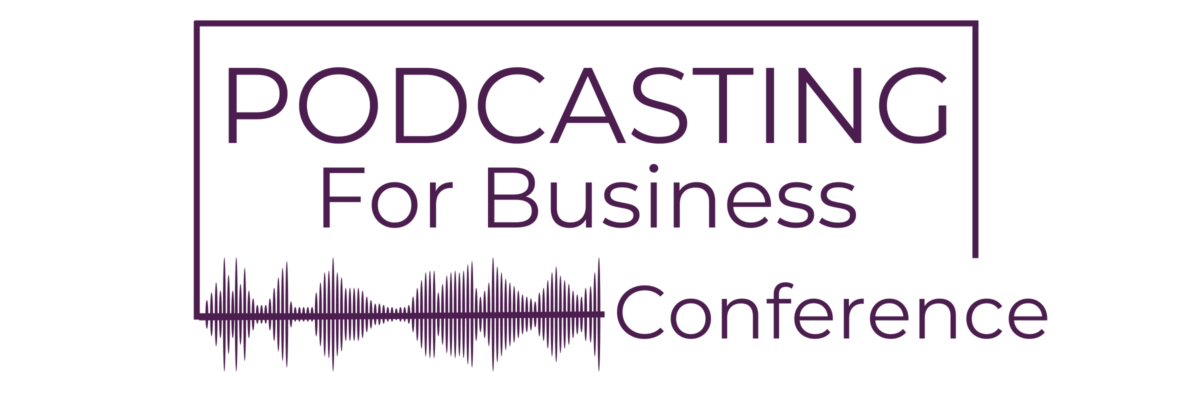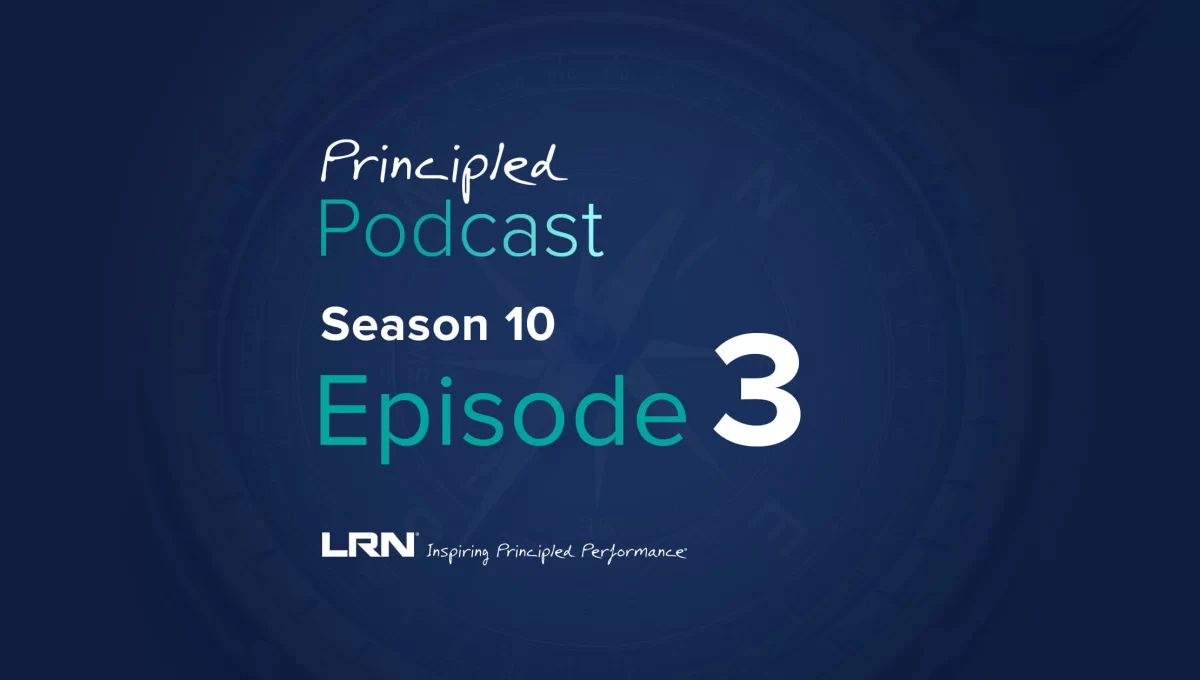I recently had the opportunity to visit with Megan Dougherty, co-founder of One Stone Creative. One Stone Creative is a premier podcast production company focusing on business podcasting. Megan is also one of my podcast partners as we co-host the podcast Because That’s What Heroes Do, where we explore our joint love of SciFi movies, streaming, and TV series. During our visit, we virtually discussed One Stone Creatives’ upcoming Podcasting for Business Conference from November 13-15, 2023.
The Conference will focus on top strategies and best practices for effective business podcasting. The Conference will cover a range of important factors that impact the success of a business podcast, including interviewing techniques, collaboration with remote teams, podcast reach, guest selection, and real-life examples of podcasts connecting brands with audiences. To end the Conference, Megan will present One Stone Creative’s annual State of Business Podcasting Report, which provides valuable insights and data on best practices for podcasting.
One of the keys to a successful business podcast is the importance of effectively translating complex information to a layperson audience in the podcast format. The Conference will focus on interviewing strategies, centering on how podcast hosts can ensure that their audience can understand information shared by experts. This is particularly crucial for business podcasts, as they often aim to educate and inform listeners about specific topics related to their industry.
Collaboration with remote teams was another important aspect is another important aspect of business podcasting, as many businesses rely on either internal team members or third-party service providers to manage their podcasts. We highlighted the various ways to effectively collaborate with remote teams, including communication, project management, and editing processes. This is especially relevant in today’s remote work environment, where businesses increasingly rely on virtual collaboration.
We also discussed the concept of a holistic podcast reach, emphasizing that podcast downloads are just the tip of the iceberg when measuring a podcast’s impact and value. We discussed the significance of considering social media tools and other engagement metrics to understand a business podcast’s reach and effectiveness fully. Businesses can leverage social media marketing strategies to amplify their podcast’s impact by taking a comprehensive view of podcast reach.
We also touched on the strategic selection of guests and its impact on podcast results. Megan highlighted the case of Mary Ann Faremouth, who successfully leveraged her podcast to connect with her target audience and achieve business growth. We emphasized the importance of careful and strategic guest selection, regardless of download numbers. We showcased how guest selection can significantly influence the reach and impact of a podcast. Mary Ann will be a featured speaker at the Conference.
As noted above, Megan will present the annual One Stone Creative State of Business Podcasting Report, which provides valuable insights and data on best practices for podcasting. The report analyzes the top 100 business podcasts based on various criteria, such as social media presence, episode length, and cover art. It offers podcasters and business owners a comprehensive understanding of what works in podcasting and how to apply the latest data to their podcasts.
The Podcasting for Businesses will provide valuable insights into strategies and best practices for effective business podcasting. It highlighted the importance of clear communication, collaboration with remote teams, holistic podcast reach, strategic guest selection, and data-driven decision-making. By considering these factors, businesses can create impactful podcasts that connect with their target audiences and support their overall marketing strategies.
As Megan Dougherty stated in the episode, “It’s important to make decisions that are appropriate for your business and your podcast.” While there are general best practices to consider, it’s crucial to tailor these strategies to each business’s specific needs and goals. By doing so, businesses can maximize the value and reach of their podcasts and achieve their desired outcomes.
Podcasting for your business differs from podcasting as a passion project or even as a business in and of itself. Businesses and business owners have specific needs for their content marketing – a company podcast is one of many things an entrepreneur or marketing manager works on every week. That means they need to be efficient, and they need to be effective. But a lot of the content out there, while highly valuable, does not consider a company show’s unique needs and opportunities. The Podcasting for Business Conference is an event bringing together experts from across the podcast and content marketing industries to provide training and support to people podcasting as part of their work.
To get things rolling for the Podcasting For Business Conference, One Stone Creative is holding a workshop on November 7th called Your Unique Success Metrics – And How to Track Them. Knowing what success means for your show and measuring whether you are getting it is a game changer for podcasters, and it can also improve your experience of the Conference! When you know exactly what success will mean for your podcast, you can focus on developing the skills and relationships you need to make it happen.
Resources:
Megan Dougherty on LinkedIn
One Stone Creative
Podcasting for Business Conference










